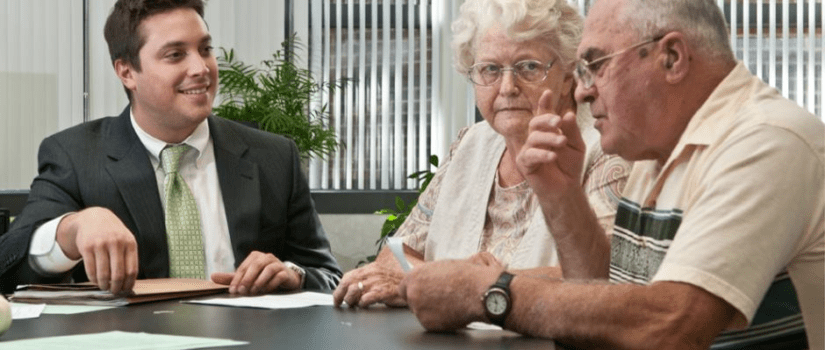
Caregivers and Elderly Scams
I never knew this would happen to me, until it actually did. Elderly scams! Part of my job has been to present at assisted facilities for elderly and helped them protect themselves with carefully prepared estate documents. Little did I know that some day I would become a victim of my father’s caregiver. I am still working on this case, a year after he passed away while she lives as a squatter at the property that he wanted me to have and to continue the legacy that he left.
So, who are your usual suspects?
Usual Suspects:
1. Strangers: preying on older people who may be isolated, lonely, confused, or
desperate for attention.
2. Family members to whom the person wants to stay connected.
3. Caregivers: (family and other) who use fear or guilt to take advantage of a senior.
One of the most important rules was to be present. I wasn’t there, sadly, since my life has taken me to a different continent. I talked to her over the phone, but well … she spoke one thing and was doing another.
So here is my advice – Be present! Check in regularly with both the caregiver and the care recipient to monitor the quality of service and see how the relationship is developing. “Make unannounced visits if you are close by,”
Advise the older person’s attorney of any suspected financial abuse, especially if a caregiver is exerting pressure to revise estate planning documents.
What to do with every caregiver :
- criminal background checks
- drug screening
- overall qualifications
What if you are elderly:
- Be aware that you’re at risk from strangers—and from those closest to you
- Do not isolate yourself—stay involved!
- Always tell solicitors: “I never buy from (or give to) anyone who calls or visits me unannounced. Send me something in writing.
- ”Shred all receipts with your credit card number
- Sign up for the “Do Not Call” list (1-888-382-1222) and take yourself off multiple mailing lists
- Use direct deposit for benefit checks
- Never give your credit card, banking, Social Security, Medicare, or other personal information over the phone unless you initiated the call
- Be skeptical of all unsolicited offers, work with trusted legal services, and have all your documents in order.
To assist you with your estate planning documents and help you prevent becoming a victim of elderly scams, contact me for help!
Note***Most recent studies by federal bureau show that one in nine incidents of elder financial exploitation where the target knew the perpetrator were committed by nonfamily caregivers. The average loss in such cases was $57,800.
If you suspect caregiver fraud or theft, contact the police and your local Adult Protective Services agency. The U.S. Department of Justice’s Elder Justice Initiative (EJI) offers an elder fraud hotline (833-372-8311) and an online map of state agencies that assist in cases of elder abuse. (by Sandra Guy, AARP)
